As rivals go all-in on EVs, BMW quietly backs e-fuels and hybrid tech—risking regulatory clashes but betting on long-term market flexibility. While automakers like Volvo, GM, and Volkswagen commit to full electrification, BMW is taking a divergent path.
Chairman Oliver Zipse’s recent remarks at the 105th Annual General Meeting emphasized a “balanced approach to decarbonization”—a carefully coded signal that BMW isn’t ready to abandon combustion engines.
Behind the PR-friendly language lies a high-stakes gamble: BMW is hedging against the EV transition, investing in synthetic fuels (e-fuels), and lobbying for regulatory loopholes. Will this strategy position BMW as a pragmatic leader or leave it stranded as the industry shifts?
See also:
BMW Won’t Rely On One Basket
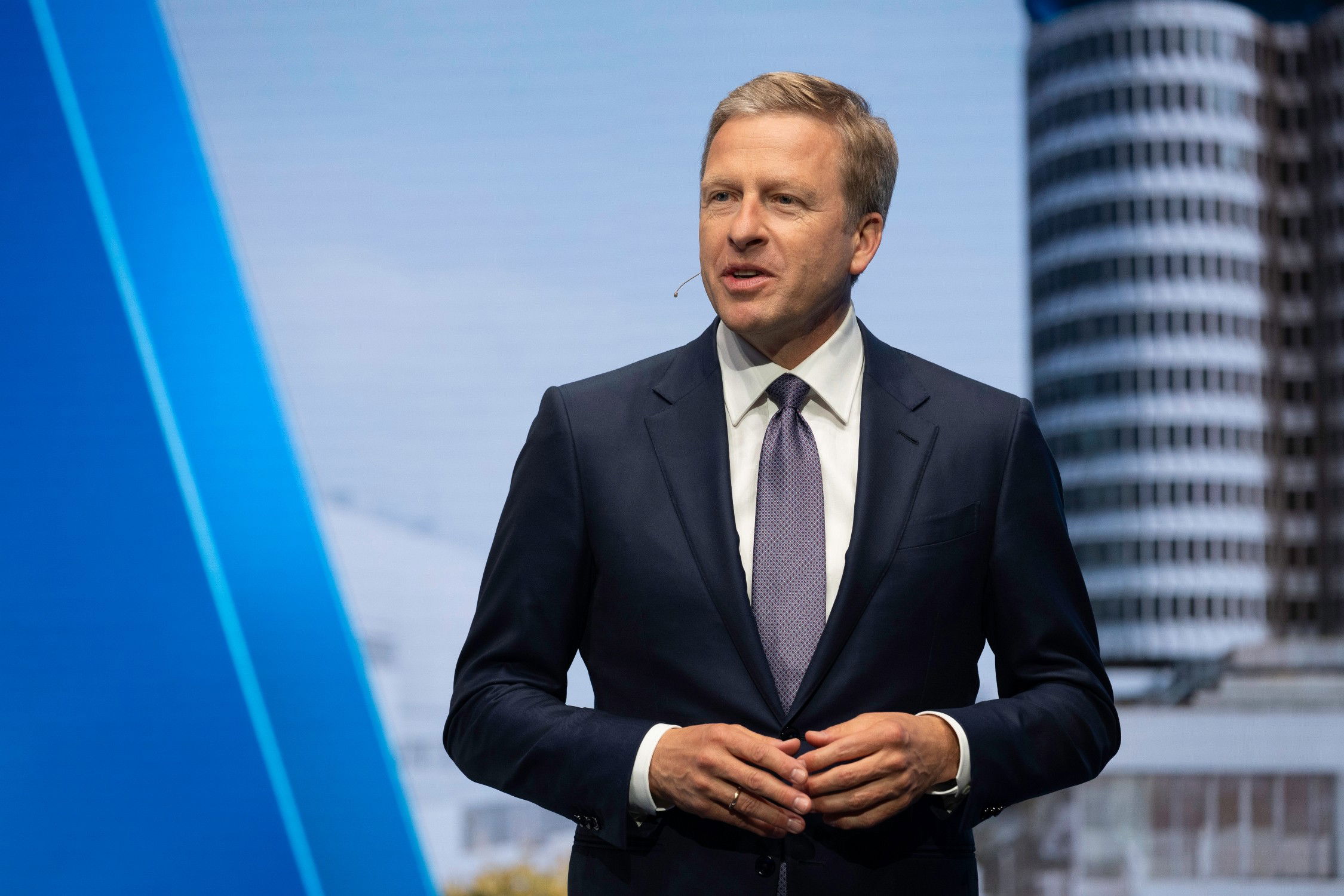
BMW AG Chairman Olivia Zipse.
“We are not putting all our eggs in one basket” remarked Zipse during the annual general meeting, live-streamed from the Olympic Hall in Munich.... “Our strategy is designed to cope with different scenarios."
What the BMW Chair isn't saying out loud is that while competitors charge ahead with full electrification, BMW is taking a markedly different approach.
Unlike Volvo, which committed to being 100% electric by 2030, or Mercedes-Benz targeting EV-only sales "where market conditions allow" by the same year, BMW maintains a cautious stance. Even General Motors, despite recent adjustments to its strategy, still aims to phase out internal combustion engines by 2035.
In contrast, BMW plans for just 50% of its global sales to be fully electric by 2030 - a deliberate hedge that keeps half its portfolio dependent on traditional powertrains for the foreseeable future. The numbers reveal BMW's strategic positioning.
In 2023, the automaker delivered 2.55 million vehicles worldwide, yet only 375,000 units - just 15% - were fully electric. Plug-in hybrids accounted for another 11% of sales (280,500 units), meaning nearly three-quarters of BMW's business still relied on conventional internal combustion engines.
These figures underscore the company's continued investment in and dependence on traditional powertrain technology, even as the industry accelerates toward electrification.
This data-driven approach to gradual transition, rather than radical transformation, defines BMW's unique path in an industry where most competitors are making more aggressive commitments to abandon combustion engines entirely.
E-Fuels As BMW’s Backup Plan
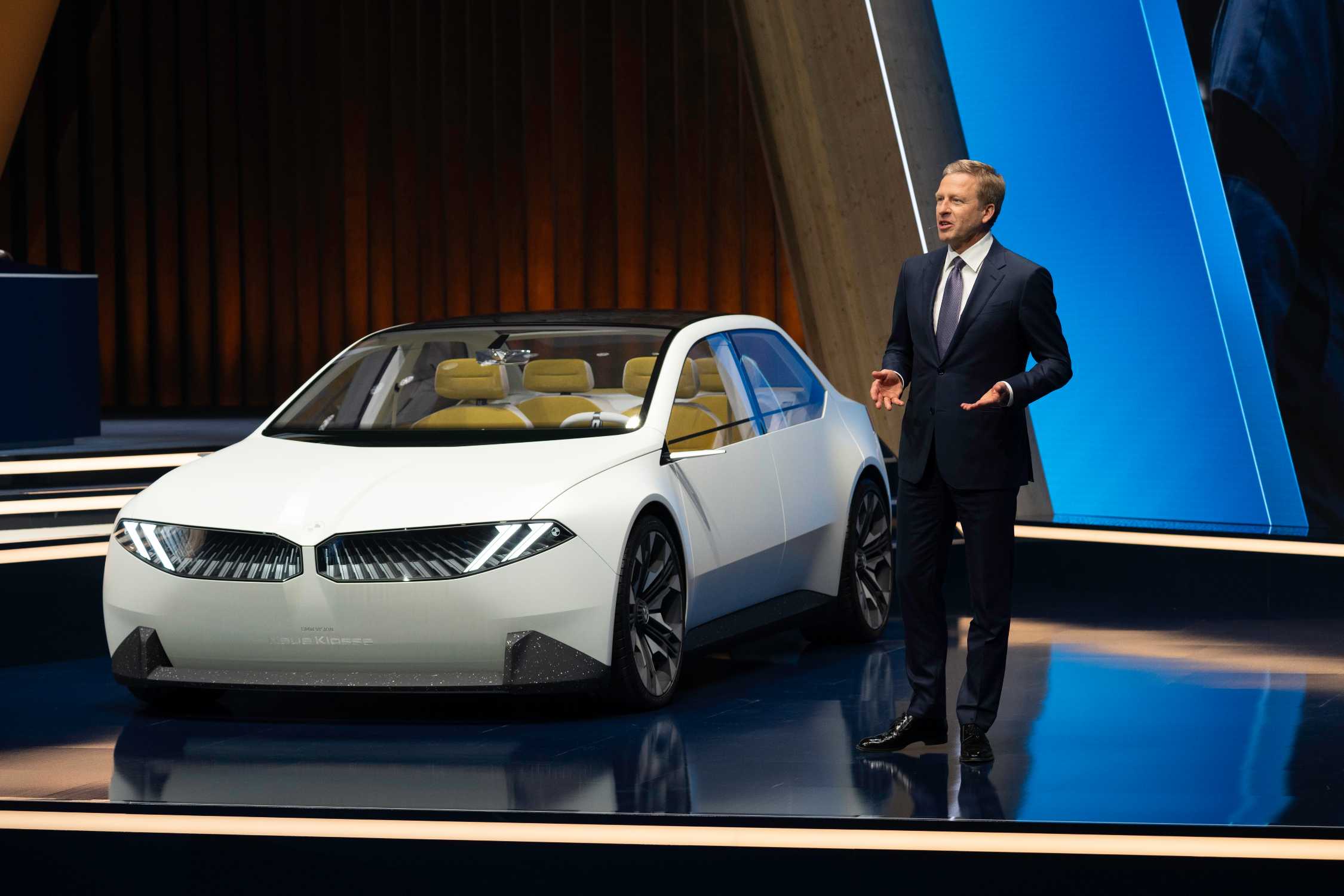
Zipse illustrating behind the Neue Klasse.
Amidst the rat race toward electrification, BMW is making calculated investments in synthetic fuels as a parallel path to decarbonization. Unlike competitors solely focused on battery-electric vehicles, BMW is actively positioning e-fuels as a viable alternative—a move that could reshape the future of combustion engines.
E-fuels, or electrofuels, are synthetic hydrocarbons produced through a complex process combining captured carbon dioxide (CO₂) and hydrogen derived from renewable energy. When burned in conventional engines, these fuels are theoretically carbon-neutral, as they only release the CO₂ originally used in their production.
This technology offers a potential lifeline for internal combustion engines in an increasingly emissions-regulated world. The Bavarian automaker has moved beyond theoretical support to tangible investments in e-fuel development.
While the German marque BMW mentioned e-fuels only as a complementary solution for existing fleets, Chairman Oliver Zipse has advocated for "technology openness" in EU debates, stopping short of committing to e-fuel production.
In a strategic partnership with Porsche (e.g., charging infrastructure), BMW is inadvertently backing real-world e-fuel applications, such as the major collaboration with Chilean energy company HIF Global. This venture aims to establish commercial e-fuel production by 2025 at the Haru Oni plant in Patagonia, where strong winds provide abundant renewable energy for the fuel synthesis process.
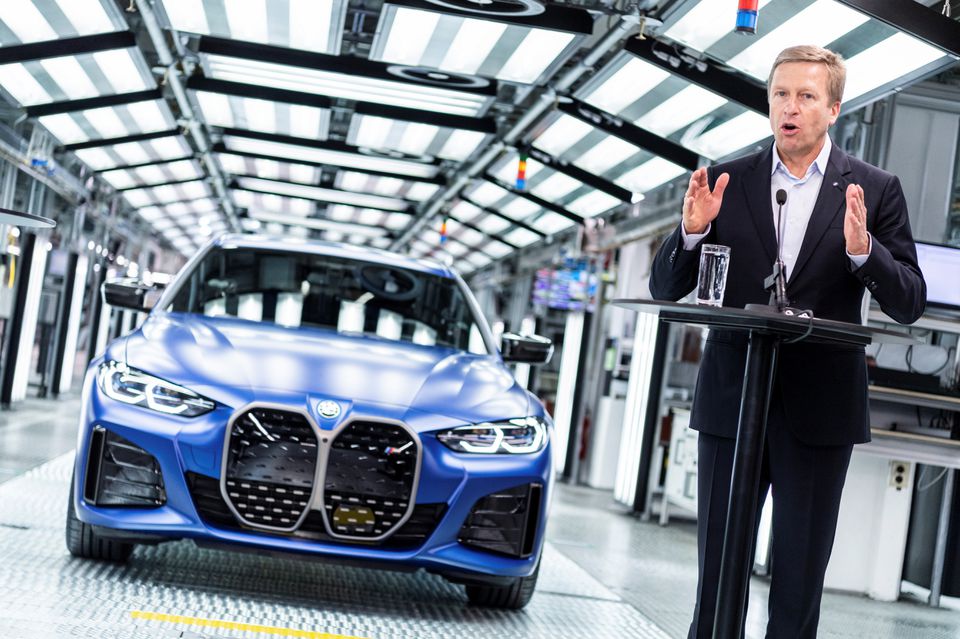
Simultaneously, BMW joined forces with other German automakers to lobby EU policymakers for e-fuel exemptions to the 2035 combustion engine ban—a regulatory battle with significant implications for the industry.
The success of e-fuels could fundamentally alter the automotive landscape. Regulatory approval would allow BMW to continue selling combustion-engine vehicles indefinitely by marketing them as carbon-neutral—a potential game-changer for performance models and markets with weak EV infrastructure.
Porsche has already demonstrated the technical viability of e-fuels in motorsport, including its Formula 1 and Supercup programs, though at production costs nearing $10 per gallon.
For BMW, this technology represents both an environmental hedge and a potential competitive advantage, offering customers an alternative to full electrification while meeting decarbonization targets. The outcome of this strategy could determine whether BMW emerges as a forward-thinking pragmatist or finds itself at odds with the industry's electrification momentum.
See also:
BMW vs. The EU
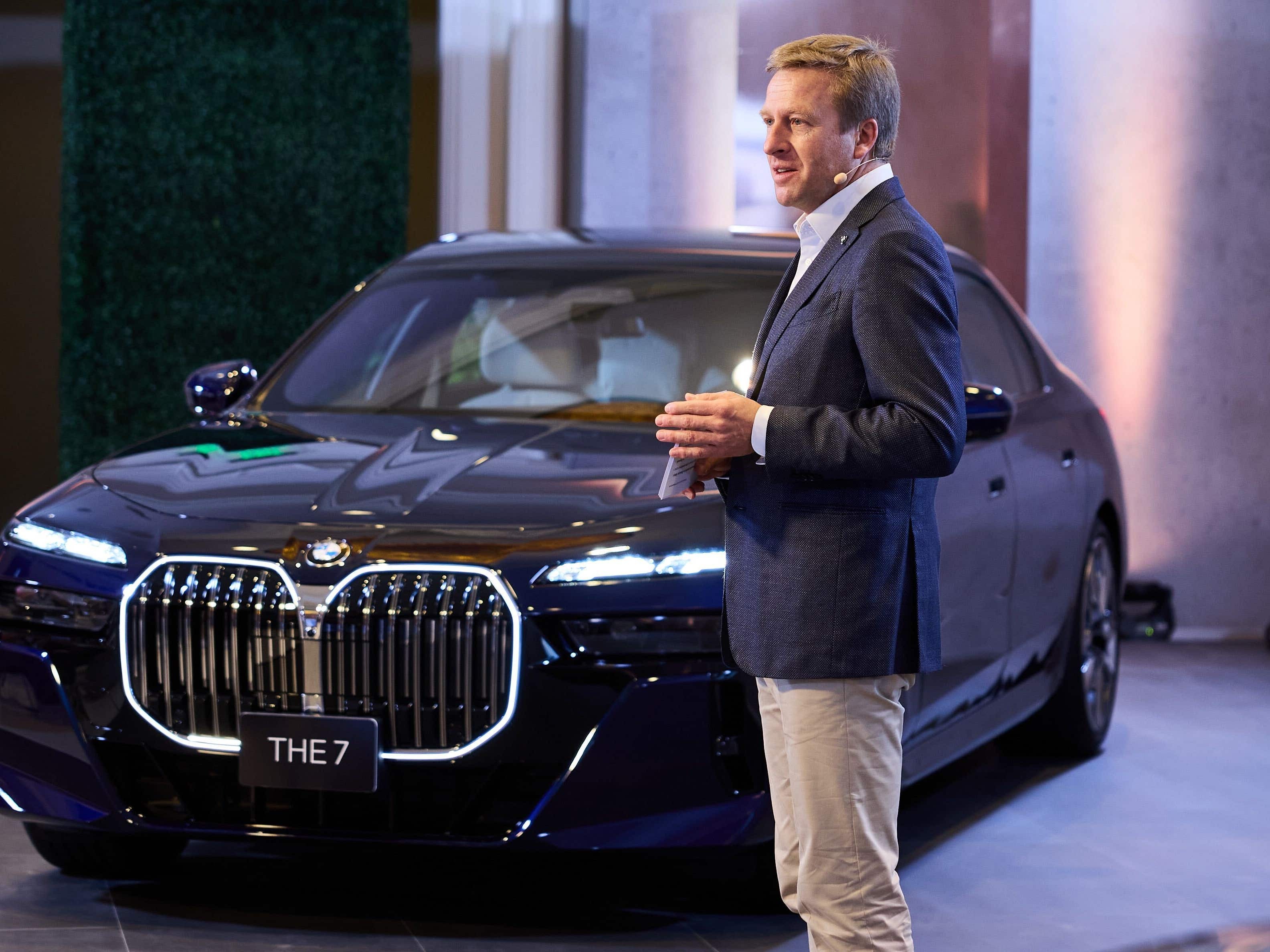
The EU’s 2035 de facto ban on new ICE cars has a loophole: e-fuel exemptions. Germany, Italy, and automakers like BMW fought hard for this concession. The industry's future hangs in the balance as BMW navigates the EU's landmark 2035 combustion engine ban, which contains a critical loophole for e-fuel powered vehicles.
This exemption didn't come easily - it resulted from intense last-minute lobbying by Germany, Italy, and automakers including BMW during March 2023 negotiations.
While publicly committing to decarbonization, BMW has strategically advocated for technology-neutral policies behind the scenes, creating a delicate balancing act between environmental pledges and business realities. This regulatory battle exposed deep fractures within the auto industry.
On one side stand EV-focused manufacturers like Tesla, Renault and Volvo, while BMW aligns with Porsche and Ferrari in supporting e-fuel alternatives. The stakes couldn't be higher - successful adoption of e-fuels could allow BMW to circumvent the massive costs of full electrification while nominally meeting climate targets.
However, should the EU close this loophole or if e-fuels fail to gain commercial viability, BMW risks billions in stranded investments on combustion engine technology. This high-wire act reflects BMW's calculated gamble that the automotive future may not be exclusively electric, even as regulatory winds blow strongly in that direction.
The outcome will determine whether BMW's strategy proves prescient or leaves the company dangerously behind the technological curve.
The Bigger Picture: Is BMW Right Or Risky?
BMW's strategic balancing act between electrification and combustion engine preservation presents compelling arguments on both sides of the debate.
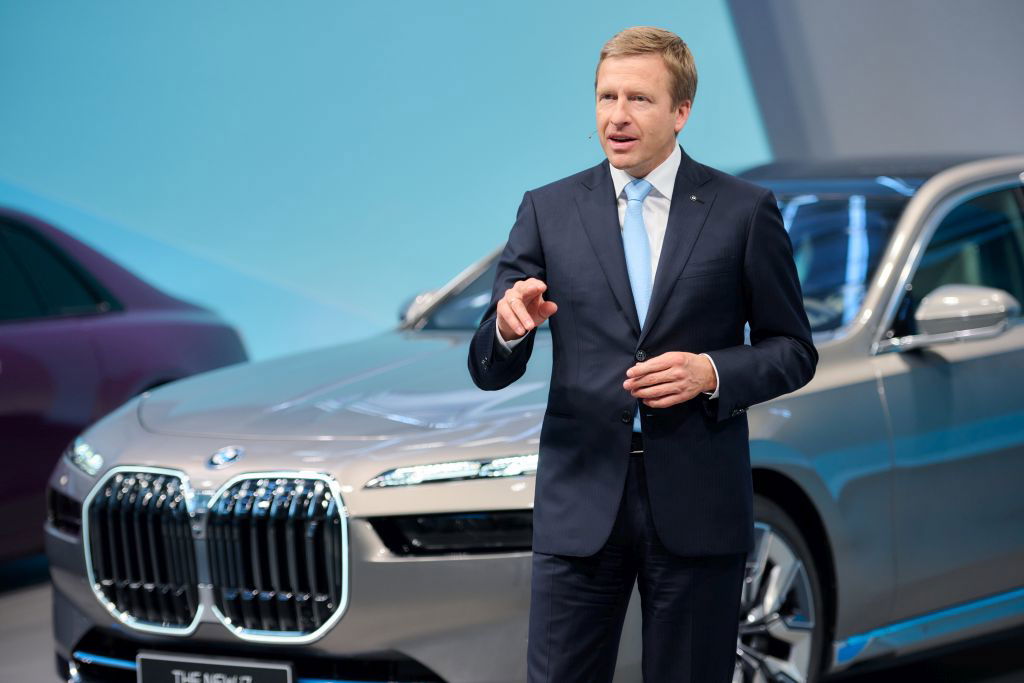
Proponents point to concrete market realities supporting BMW's cautious approach - EV demand growth has significantly slowed from 60% in 2022 to 31% in 2023, while persistent infrastructure gaps in crucial markets like the U.S. and Southern Europe continue to hinder widespread adoption.
Consumer behavior further validates BMW's position, with high prices and range anxiety maintaining strong demand for traditional ICE and hybrid vehicles. However, substantial risks loom on the horizon.
The regulatory environment remains unpredictable - should e-fuels fail to gain sufficient traction, BMW could face punishing penalties or be forced into a costly, rushed transition to full electrification. Meanwhile, competitors like Tesla and Chinese automaker BYD are rapidly advancing EV technology, potentially leaving BMW at a technological disadvantage.
Perhaps most damaging long-term is the brand perception challenge, as BMW's reluctance to fully commit to electrification risks alienating certain circles and painting the company as a climate change laggard in an increasingly sustainability-focused market.
A High-Stakes Waiting Game
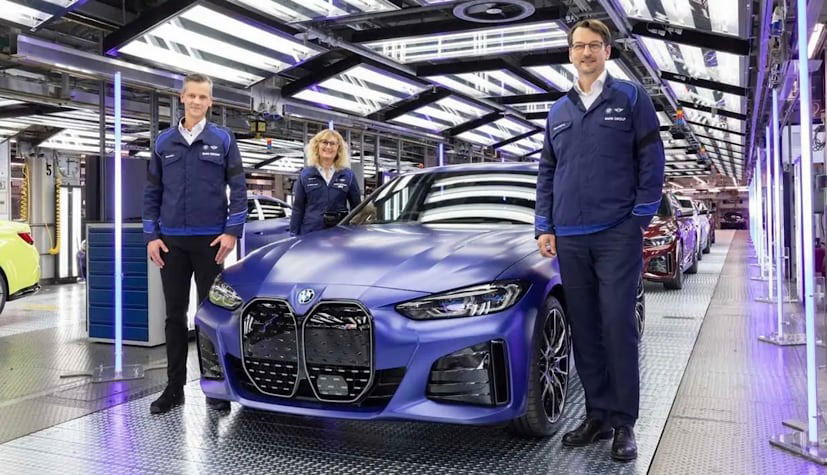
More than corporate caution, BMW’s “balanced approach” is a deliberate bet against full electrification. By backing e-fuels, hybrids, and regulatory lobbying, BMW is positioning itself as the brand for markets (and governments) already skeptical or not ready to go all-in on EVs.
But the gamble carries risks: If e-fuels fail, BMW could face a costly scramble to catch up, and if EV adoption accelerates, it risks losing significant ground to Tesla and Chinese rivals. One thing is clear: BMW isn’t following the herd. Whether that makes them visionaries or outliers remains to be seen.
Note: While Porsche has heavily invested in HIF Global's e-fuel project in Chile, BMW is not listed as a partner.